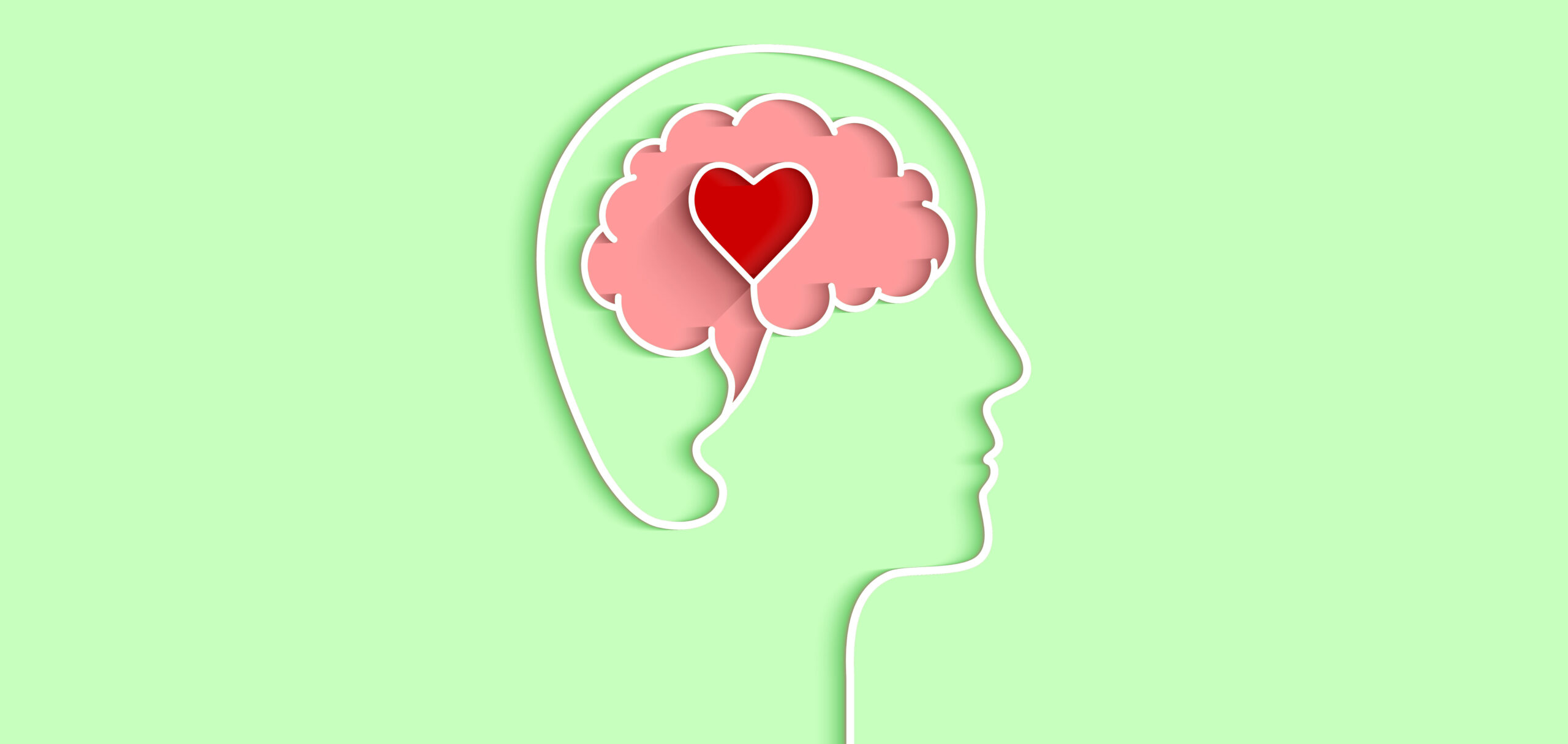Discovering Mental Health Services That Meet Your Unique Journey
Comprehensive Inpatient Mental Health And Wellness Services for Effective Therapy
Inpatient mental health and wellness services stand for an essential part of the health care system, giving a organized and extensive environment for people experiencing severe mental distress. Exploring the subtleties of this continuum exposes significant implications for both specific recuperation and more comprehensive psychological health and wellness outcomes.
Understanding Inpatient Mental Wellness Solutions
Inpatient psychological health and wellness services provide vital support for people experiencing serious psychological distress that can not be taken care of properly in an outpatient setting. These services are designed to supply an intensive level of treatment in a structured atmosphere, typically within a healthcare facility or specialized facility. People admitted to inpatient programs generally present severe symptoms, such as self-destructive ideation, severe clinical depression, or psychosis, requiring round-the-clock surveillance and intervention.
The admission procedure typically entails a comprehensive evaluation by mental wellness experts, that assess the person's mindset, history, and instant requirements. As soon as admitted, individuals participate in a range of healing modalities tailored to their certain needs, consisting of medication administration, private therapy, and group sessions. This holistic strategy aims to support the person's condition, promote safety and security, and foster coping abilities.
Inpatient mental wellness services not only address instant wellness concerns however likewise work as a bridge to ongoing care. By supplying a regulated environment, these services assist in the growth of therapy plans that can be continued in outpatient setups, hence ensuring a continuum of treatment and boosting lasting results for people with complex mental health and wellness requirements.
Trick Elements of Effective Therapy
Reliable therapy in inpatient psychological wellness solutions consists of numerous key components that promote recuperation and stablizing. A thorough analysis is necessary to recognize the person's certain requirements and challenges. This assessment informs the growth of a customized therapy plan, which serves as a roadmap for intervention.
An additional essential part is the multidisciplinary group technique. Partnership among psychoanalysts, psycho therapists, nurses, and social workers makes certain that numerous perspectives add to the person's treatment, improving the effectiveness of therapy. Evidence-based restorative modalities, such as cognitive-behavioral treatment (CBT) and dialectical habits therapy (DBT), are also indispensable, supplying structured strategies that attend to maladaptive thought patterns and behavioral issues.

Finally, a focus on aftercare planning is essential to ensure a seamless transition to outpatient solutions, reducing the risk of regression and promoting lasting wellness. These collective parts produce an effective therapy framework within inpatient psychological health solutions.
Advantages of Comprehensive Care

Thorough care in inpatient mental health and wellness solutions offers various advantages that considerably enhance individual results. One of the key advantages is the alternative strategy to treatment, resolving not just the mental signs and symptoms yet additionally the physical, social, and emotional needs of clients. This comprehensive assessment enables for customized treatments that advertise general health.
An additional advantage is the assimilation of multidisciplinary groups, which fosters collaboration among healthcare professionals. This collective atmosphere makes sure that people obtain worked with care, reducing the risk of fragmented therapy and boosting interaction amongst caretakers. Moreover, detailed treatment assists in connection of solutions, enabling seamless transitions from inpatient to outpatient settings, which is essential for long-term recovery.

Lastly, the organized setting of thorough inpatient treatment gives a secure area for individuals to take part in healing tasks, assisting them create coping strategies and resilience. Jointly, these advantages contribute to much more effective treatment and boosted top quality of life for people experiencing mental health situations.
Evidence-Based Restorative Methods
In the realm of psychological wellness therapy, evidence-based healing techniques play a crucial duty in making certain that individuals receive effective and medically supported interventions. These strategies integrate the most effective readily available research study with medical know-how and client worths, promoting a tailored therapy experience that more helpful hints deals with specific demands.
Cognitive Behavior Modification (CBT) is one of one of the most widely acknowledged evidence-based approaches, focusing on determining and changing unfavorable idea patterns and behaviors. This structured technique has actually demonstrated efficacy in treating problems such as ptsd, stress and anxiety, and anxiety. In A Similar Way, Dialectical Behavior Modification (DBT) is particularly efficient for individuals with borderline individuality problem, emphasizing the development of emotional policy and interpersonal efficiency skills.
Additionally, drug monitoring is frequently an essential part of evidence-based therapy, as psychotropic drugs can reduce symptoms and improve total performance. Joint care models, which involve multidisciplinary groups, further boost the efficiency of inpatient solutions by making sure extensive assessments and continuous surveillance.
Inevitably, the combination of evidence-based therapeutic approaches not just advertises favorable medical end results but additionally encourages clients, fostering a feeling of company and resilience in their psychological health trips.
Transitioning to Outpatient Support
The transition from inpatient psychological health solutions to outpatient support notes an essential phase in a patient's recuperation journey. This duration needs careful preparation and sychronisation to make certain continuity of treatment and to alleviate the risks of regression or crisis. Reliable discharge planning need to commence early in the inpatient stay, including a multidisciplinary team that consists of psychoanalysts, psychologists, registered nurses, and social workers.
Crucial element of an effective transition include the development of a thorough aftercare plan tailored to the person's Going Here specific requirements. This strategy ought to lay out follow-up appointments, medicine monitoring, and restorative treatments, in addition to recognize area resources and assistance teams that can facilitate continuous recuperation.
Furthermore, individual and family members education is crucial throughout this stage. Comprehending the indicators of potential troubles and the value of sticking to treatment can equip clients and their support systems.
Routine follow-up and review of the outpatient strategy are important to attend to advancing obstacles. By fostering a collaborative relationship in between inpatient and outpatient providers, the probability of continual recuperation rises, inevitably boosting the patient's quality of life and reducing the risk of readmission.

Verdict
In recap, detailed inpatient mental wellness services use a necessary structure for attending to extreme psychological distress through a multidisciplinary technique. By incorporating evidence-based treatments, fostering a structured atmosphere, and advertising family members involvement, these services improve therapy performance. The focus on stability and the advancement of dealing abilities not just help in immediate recovery however additionally helps with a smoother shift to outpatient treatment. Eventually, such thorough care is vital for lasting psychological wellness and well-being.
The admission process typically involves an extensive assessment by psychological wellness experts, who evaluate the individual's psychological state, background, and instant needs.Reliable therapy in inpatient mental health solutions consists of a number of essential components that cultivate recuperation and stabilization.Detailed treatment in inpatient mental wellness solutions provides numerous advantages that dramatically improve patient end results.The shift from inpatient mental wellness solutions to outpatient support marks an essential phase in a patient's recuperation journey.In recap, detailed inpatient mental wellness services supply an essential structure for dealing with extreme mental distress via a multidisciplinary technique.